“Zayde, what are those faded numbers on your arm?”
Without completely understanding, I quickly realized that I had revived painful memories of Auschwitz as tears slowly ran down my grandfather’s cheek. Little did I know, back when I was 6 years old, that my grandfather’s ability to tell his story would change my life.
Presumably, it would be safe to assume that everyone is educated about one of the most well-documented events in history. But in fact, many Jews, especially those of my generation, are either misinformed or uninformed about the Holocaust. Surprisingly, I know of very few Jewish day schools or high schools that offer a Holocaust education course.
In my own 10 years in Jewish day schools, every year for Yom HaShoah, a Holocaust survivor would come and tell us his or her story. This year, as Yom HaShoah approaches, my school, YULA, an Orthodox high school, will be taking the entire high school to the Museum of Tolerance, which, like YULA, is part of the Simon Wiesenthal Center.
However, I have never been offered a Holocaust education class. Last year at Emek Hebrew Academy, as the vice president of the student council, I appealed for a junior high trip to a Holocaust museum. The administration felt that the students were too young and immature for such graphic education.
As a grandson of four Holocaust survivors, I have heard the stories firsthand. My adolescence has been saturated with Holocaust education — stories of how my grandparents escaped working camps, survived concentration camps such as Dachau and Auschwitz, were separated from their families or hid for long periods.
Because this is my family’s story, I have always felt a responsibility to make the story of the Holocaust well known among my peers and have written Holocaust poems, essays and historical fiction to inform my fellow classmates. At the young age of 14, I recognize the importance of Holocaust education in our Jewish day schools, or the lack thereof.
To understand the extent of this gap in our educational system, I conducted a survey among my classmates at YULA. Among 40 students, only 53 percent knew what Kristallnacht was — 40 percent did not know, and 7 percent tried to answer and got it wrong.
My guess is those numbers are even worse among non-Jewish youth, since our public schools offer very little Holocaust education and the students do not have grandparents at home telling their stories.
Recently, MTV launched a campaign to inform viewers about the Holocaust. An MTV representative stood in the middle of Times Square asking random people what they knew about the Holocaust. People gave various answers ranging from, “When a few thousand Jews died” to “When Jews light candles and receive presents.”
An uninformed mind leaves a person with an easily manipulated mind. For those who know nothing about the Holocaust, it is just a matter of time before they are taught a falsehood and buy into Holocaust denial.
The chances of another Holocaust occurring are slim, with the State of Israel, historians, Holocaust museums and Steven Spielberg’s Shoah Foundation Institute for Visual History and Education, which has recorded over 50,000 Holocaust survivor testimonies. But anti-Semitic outbursts are not as uncommon as they should be.
A 2005 Anti-Defamation League national poll revealed that although the percentage of those holding anti-Semitic views declined from 17 percent in 2002 to 14 percent in 2005, the fact still remains that roughly 35 million American adults hold strong anti-Semitic views.
With many Holocaust survivors entering their 80s and 90s, we cannot rely solely on their stories to keep the story of the Holocaust intact. For the uninformed, a charismatic preacher of Holocaust denial will seem much more believable than a recording of an old woman telling her story. For this reason, now is the perfect time for Holocaust deniers to initiate mass manipulation; for this reason, now is the perfect time for us to initiate mass education.
The least we can do is initiate Holocaust education within our own day schools. In the near future, I will be meeting with the principals of YULA to discuss a monthly or even weekly Holocaust education class to supplement the modern Israel class taken by seniors. Eventually, I hope to take my case to the Bureau of Jewish Education (BJE), asking for a new requirement of a Holocaust education class in all BJE-approved high schools.
We have the history. We have the facts. We have everything we need to stop Holocaust deniers right in their tracks. I invite every Jew, no matter what sect or religious status, to take a stand in this campaign and fight for Holocaust education.
Ever since my eyes met with the faded numbers on my Zayde’s arm, I wondered what would happen when those numbers are gone forever. What will happen when my Zayde’s piercing but important voice telling his story can no longer be heard? What will happen when there are no Holocaust survivors to come into our schools and tell their stories? Will we be prepared?
Adam J. Deutsch is a ninth grader at YULA High School.






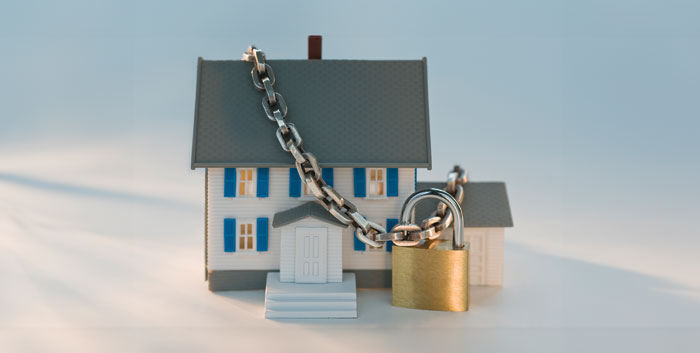
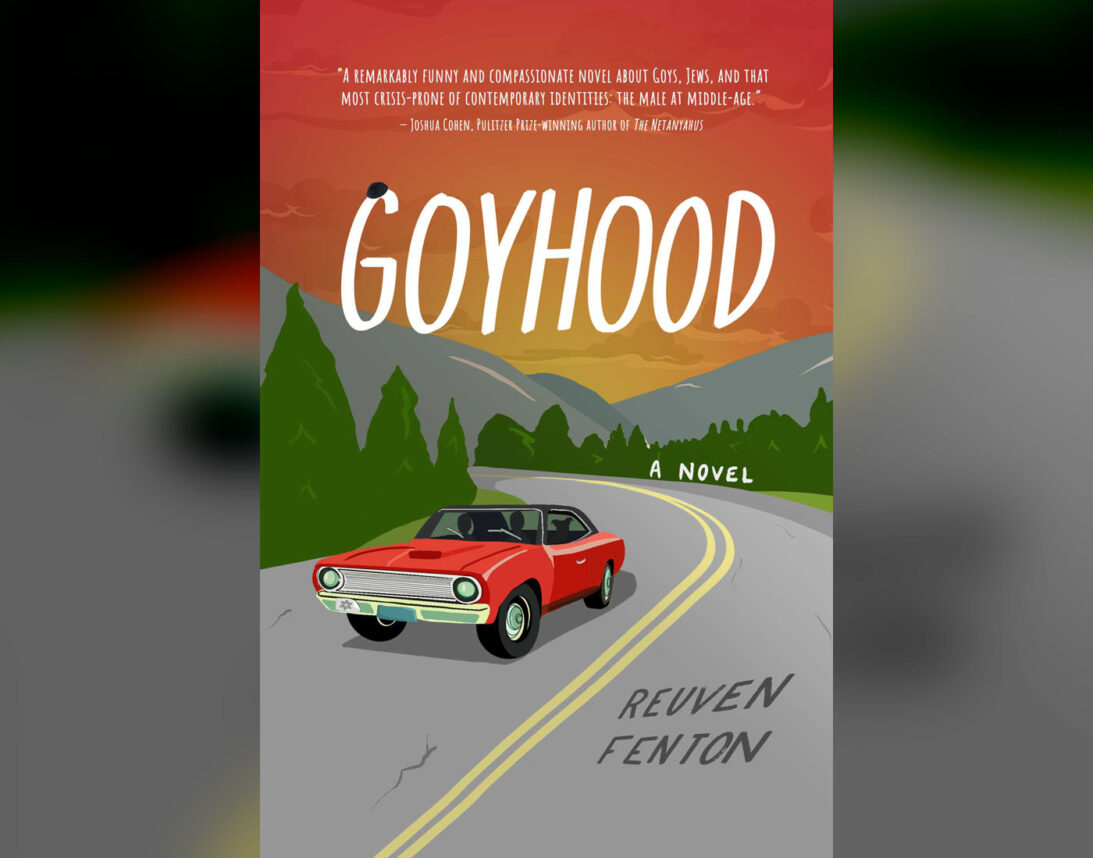
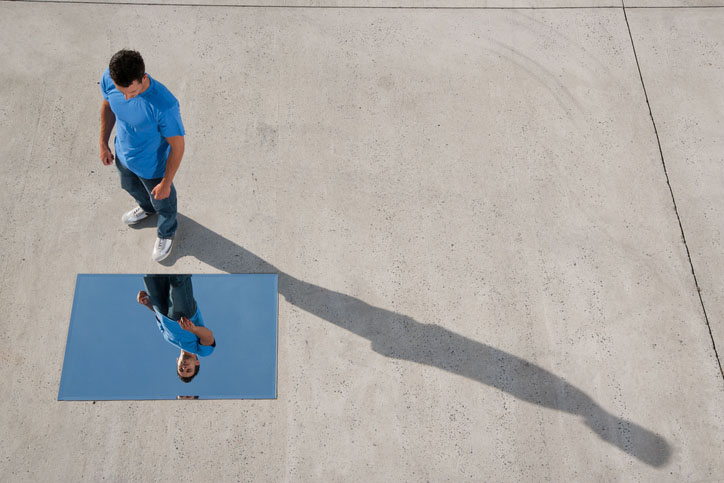
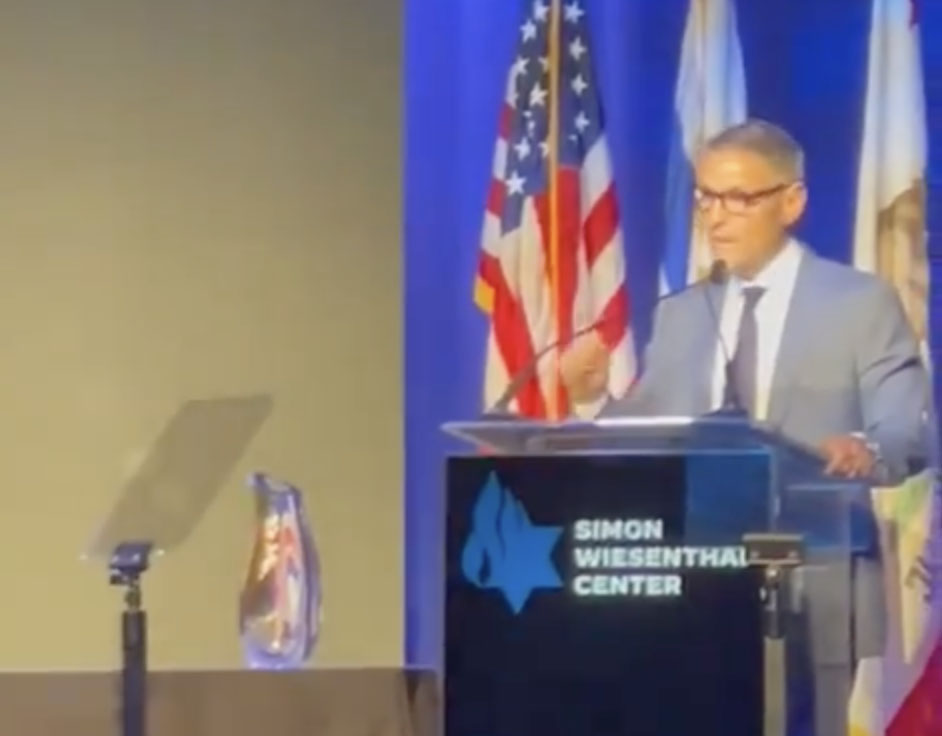
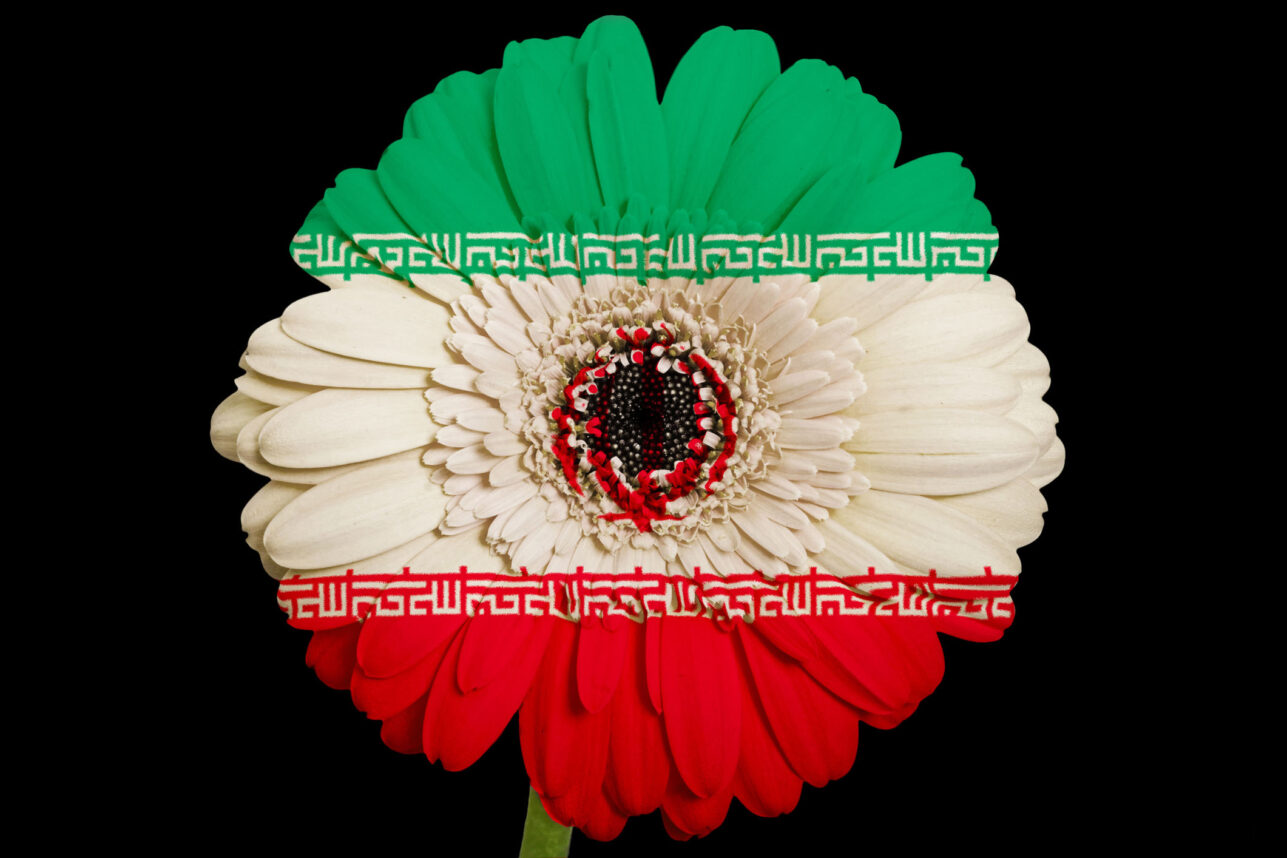
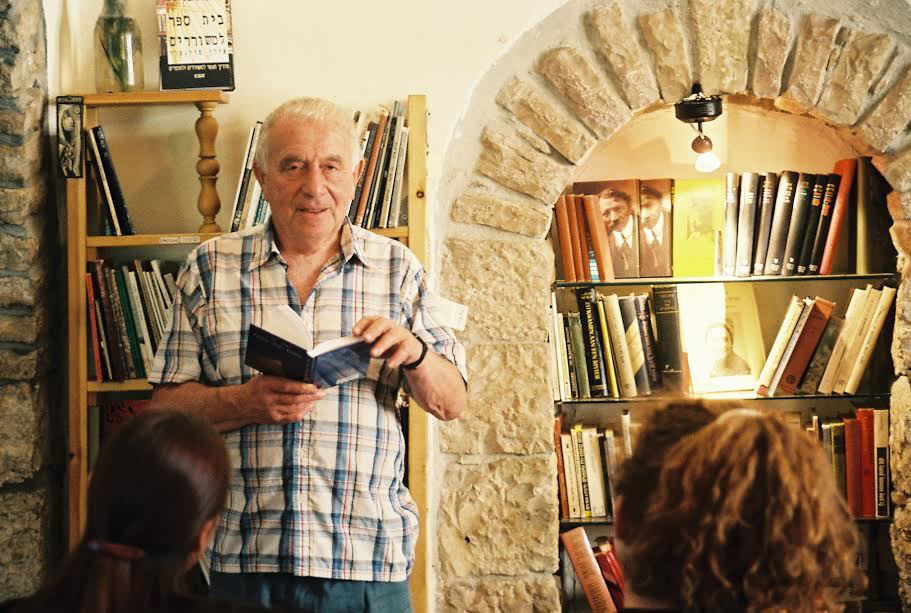
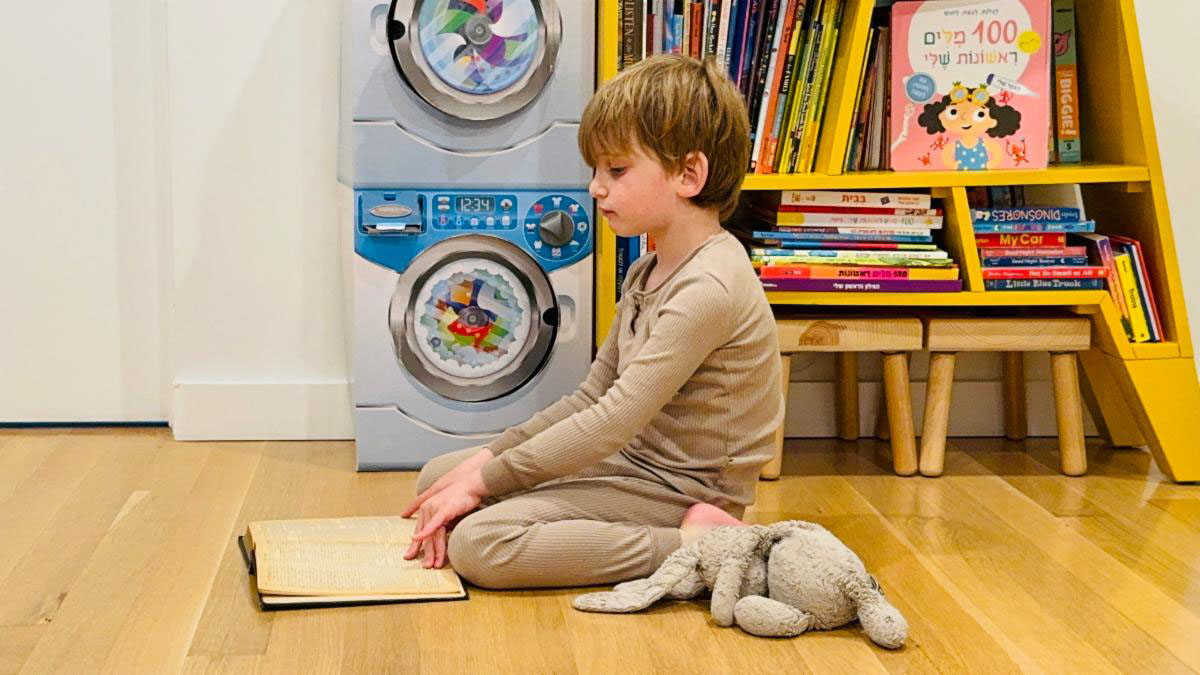
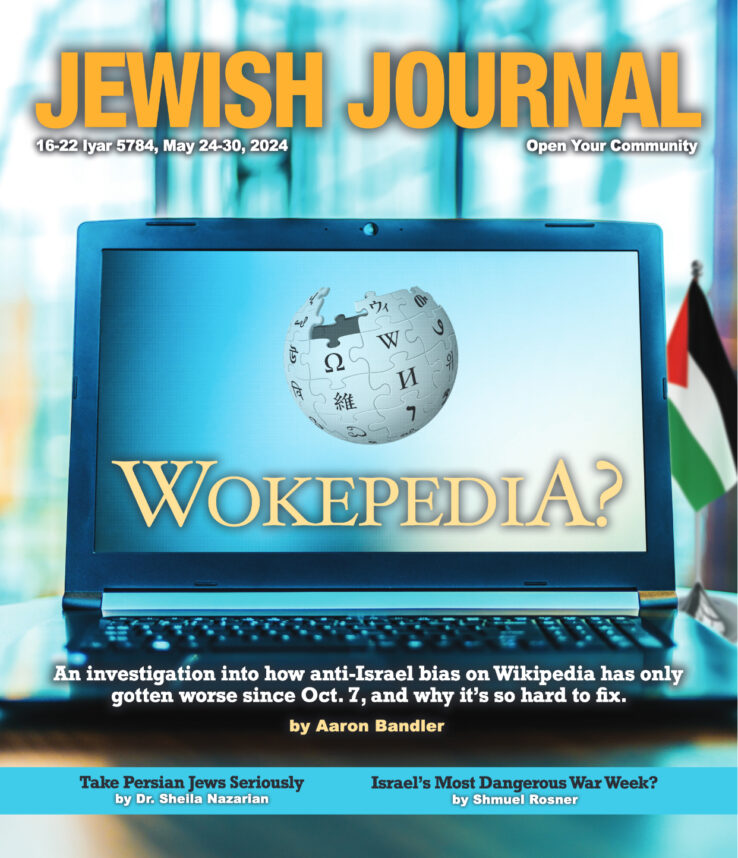
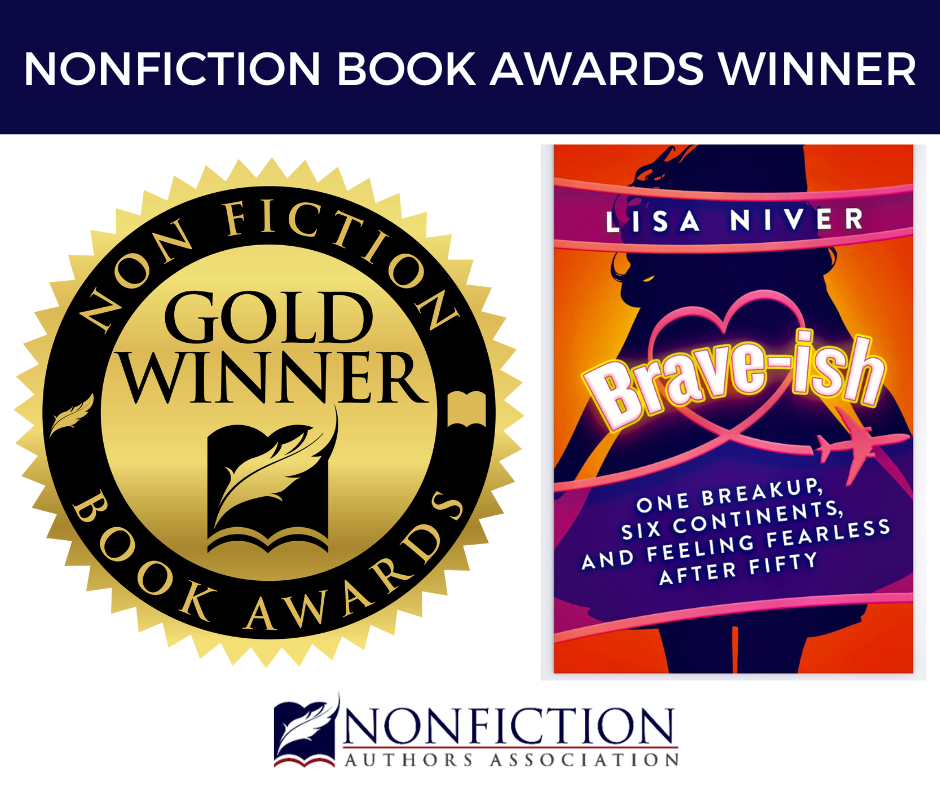
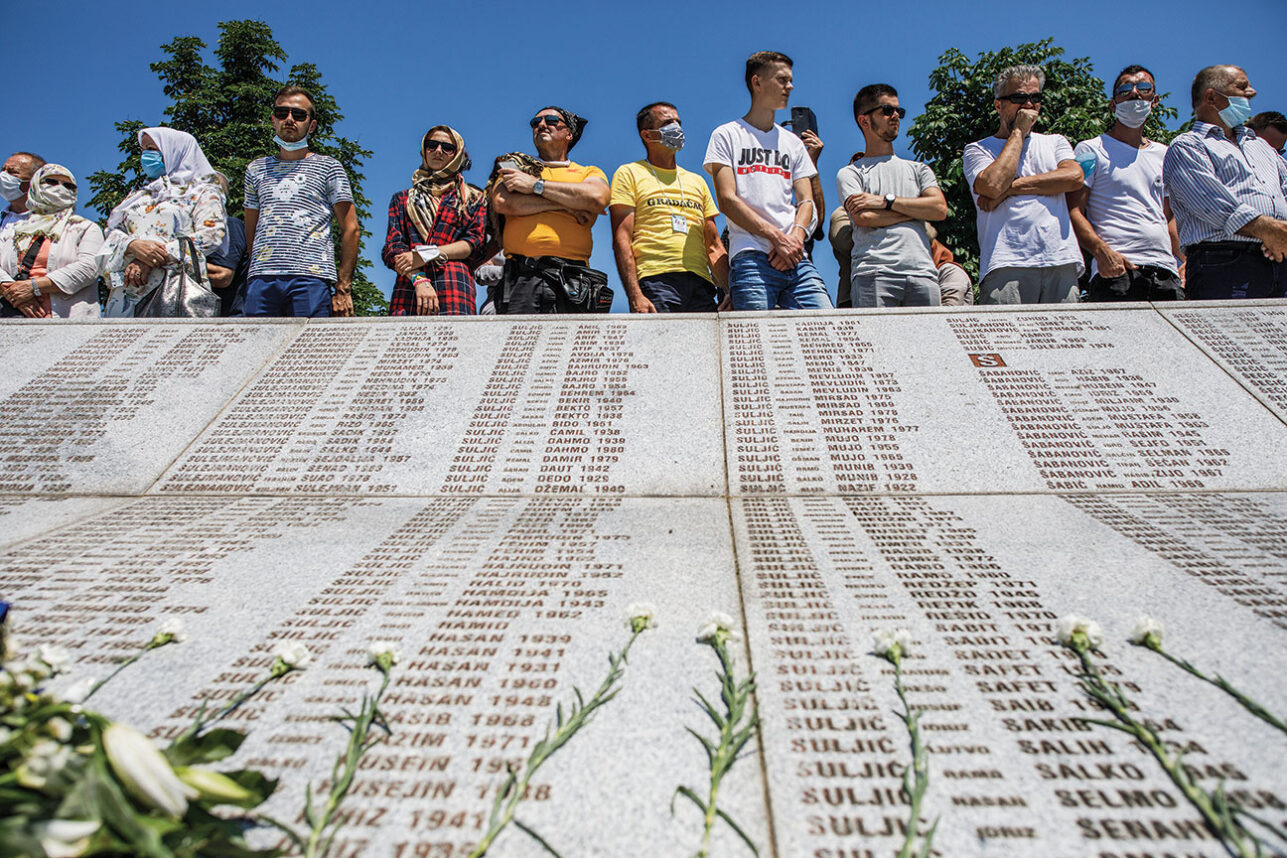
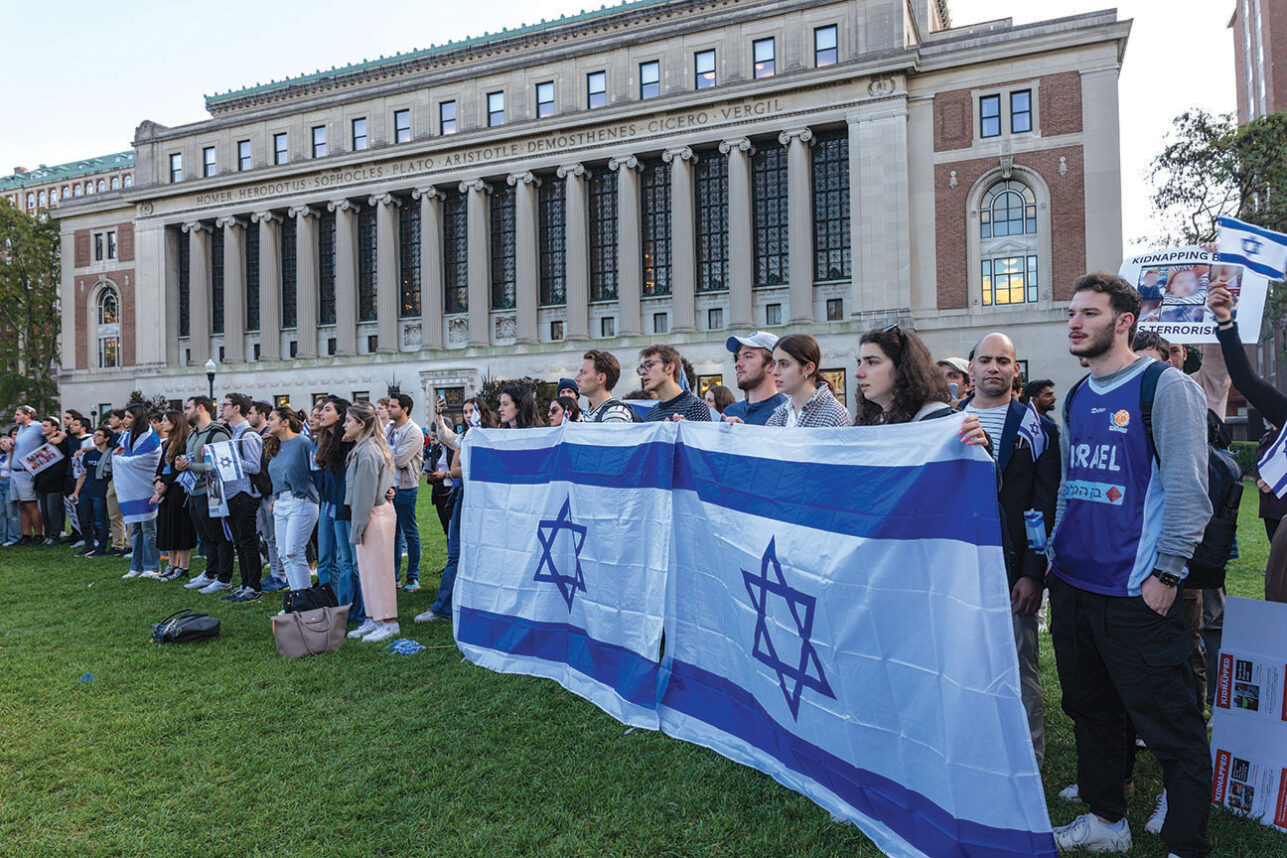





 More news and opinions than at a Shabbat dinner, right in your inbox.
More news and opinions than at a Shabbat dinner, right in your inbox.